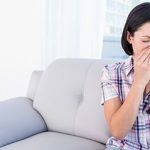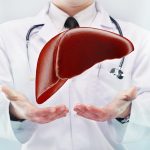
Androstenedione is one of those supplements that was peddled to athletes for years as a quick path to bulging muscles and high testosterone levels, but it comes with some serious side effects. Also known as “andro,” the dietary supplement was once touted to enhance athletic performance by stimulating muscle growth and boosting testosterone levels. But once it enters the body, it acts like a steroid and can pose similar health risks. In October 2004, President George Bush signed the Anabolic Steroid Control Act, which reclassified androstenedione from a supplement to an anabolic steroid, making it and other steroid-based drugs a controlled substance. They are currently banned in sports. This was because a small number of studies of androstenedione led the U.S. Food and Drug Administration to believe that its use may increase the risk of serious health problems because of its conversion in the body to the hormones testosterone and a particular form of estrogen. While over-the-counter androstenedione supplements are now banned, doctors can still prescribe it for medical purposes. According to a study published online recently in the journal Molecules, doctors can offer androstenedione shots for preventing or treating certain chronic diseases. Side effects of andro According to the Mayo Clinic, long-term use of androstenedione supplements by men can result in testicular atrophy, impotence and the development of female characteristics such as breast enlargement.… read on > read on >


















